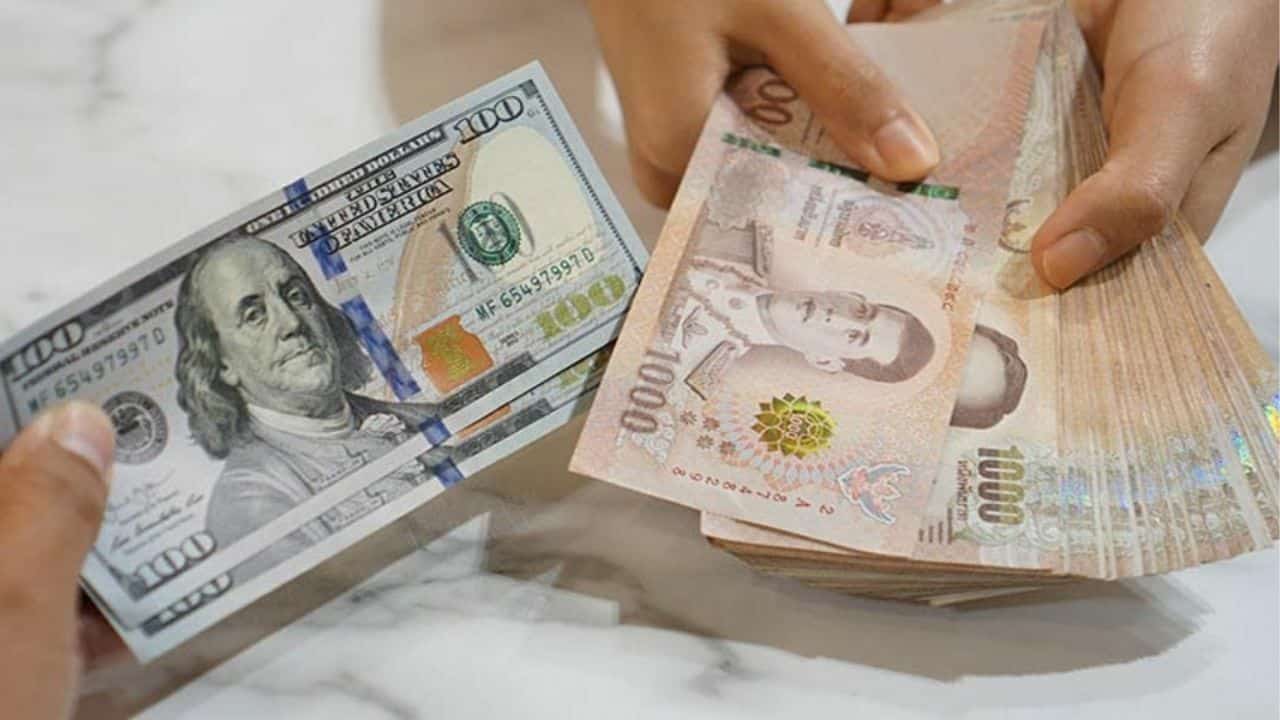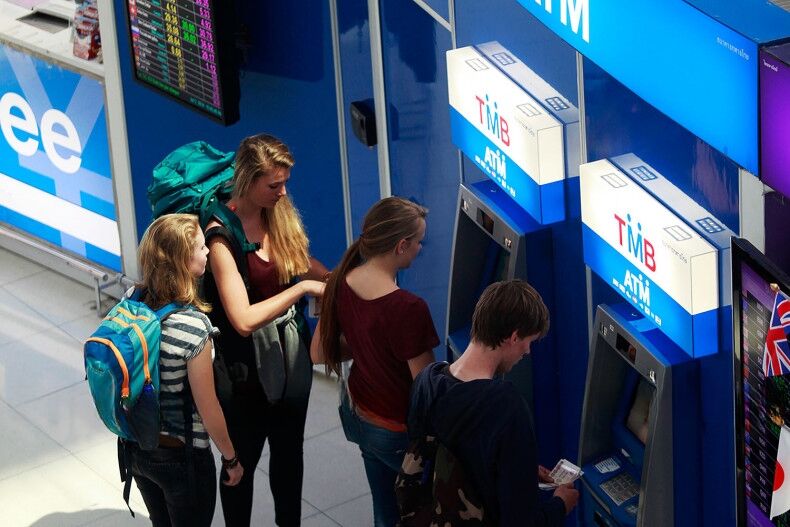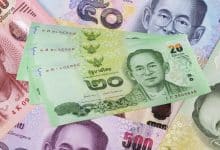Baht out of luck: Thai currency slips as greenback flexes muscle
Trade truce sends dollar soaring while gold dips and baht takes a beating

The Thai baht is wobbling once again, with currency watchers bracing for a further slide this week as the mighty US dollar gathers steam following a temporary pause in the US-China tariff war.
Analysts say the baht could weaken to as low as 33.80 per dollar in the coming days, as uncertainty lingers despite a fleeting boost in global market sentiment.
Roong Sanguanruang, Senior Vice President for Global Markets Planning at Bank of Ayudhya (Krungsri), warned that the baht remains under pressure due to a mix of factors, not least the aftershocks of the recent trade truce.
“We expect the baht to hover between 33.00 and 33.80 this week. The outlook is still shaky, and volatility remains high.”
The ceasefire between Washington and Beijing, agreed on Monday, May 11, will see tariffs eased for a 90-day window. The US will slash duties on Chinese goods from 145% to 30%, while China will cut its own tariffs on American imports from 125% to just 10%.
The move has buoyed the US dollar and the Chinese yuan, but the baht has been left behind, particularly as global gold prices have also taken a tumble, dragging the Thai currency down with them. Gold is now trading at around US$3,200 an ounce, or roughly 115,200 baht, Bangkok Post reported.
“The baht tends to track gold more closely than other currencies,” Roong explained.

On Monday, the baht opened at 33.38 to the dollar, down sharply from Friday’s close of 33.02, breaking through key resistance at 33.30 and flirting with the 33.50 mark, according to Krungthai Bank’s Global Markets Division.
Poon Panitchpibun, a strategist at Krungthai Global Markets, added that the stronger dollar has been bolstered by improving risk sentiment and growing confidence in the US economy.
“The temporary US-China deal has eased fears of a deep US slowdown and has lowered the odds of steep interest rate cuts by the Fed.”
Investors now expect just two rate cuts this year, with some experts delaying their predictions for a July cut to as late as December.
A hawkish Federal Reserve, upbeat US economic data, and a fragile Thai economy all point to a continued weakening of the baht, Poon said, adding that he sees the currency trading in a range of 32.95 to 33.75 over the week.
For now, the baht looks set to keep limping, weighed down by strong headwinds and an even stronger greenback.
Latest Thailand News
Follow The Thaiger on Google News:


























